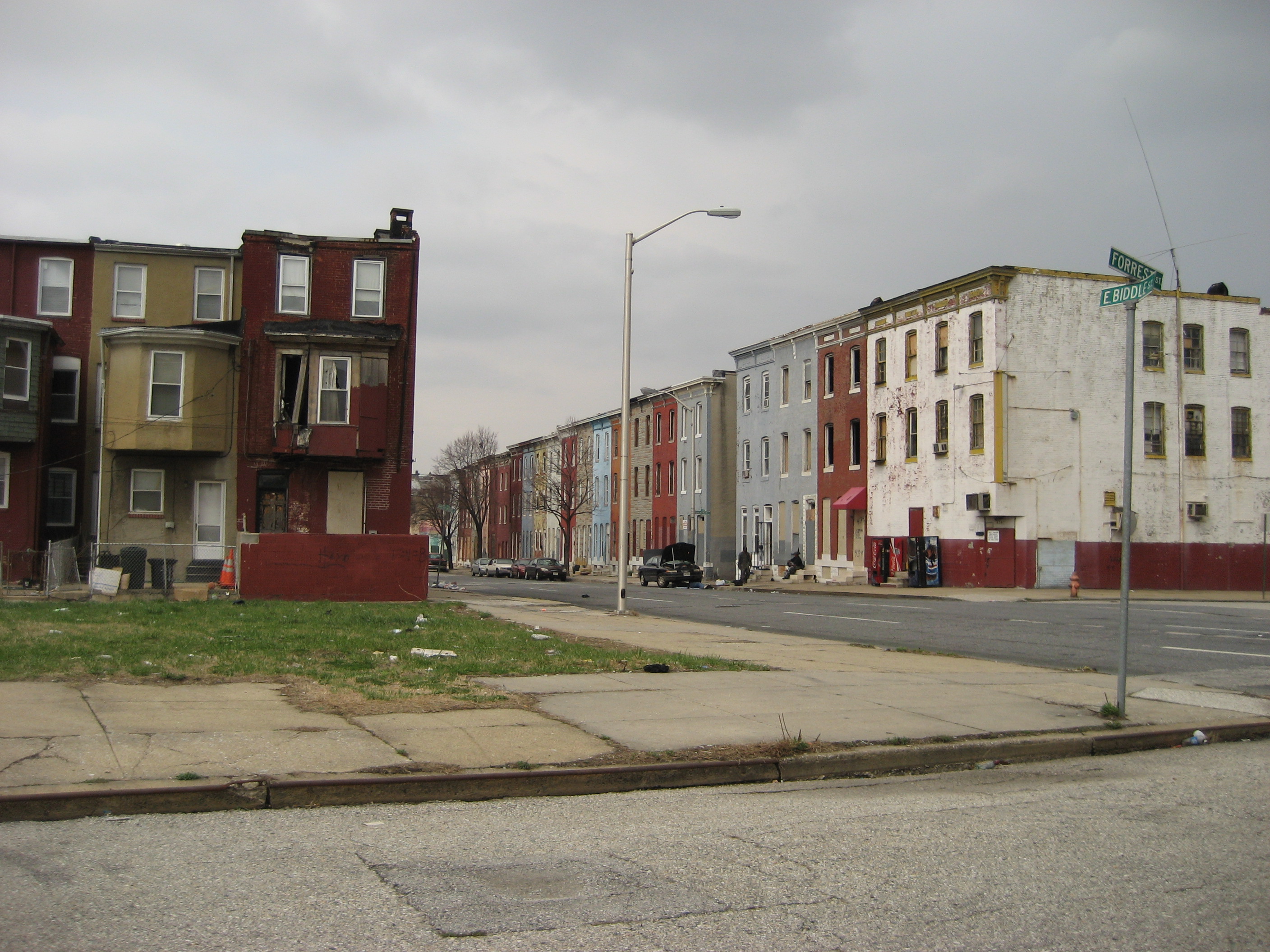Welcome!
Part two of some reflections about The Wire. Again, there'll be plenty of spoilers. If you haven't seen the show yet (like I had), I'd highly recommend getting around to it ASAP!
So last time I was talking about how The Wire did a great job at portraying the motivations of the characters, so as a viewer you felt an understanding and empathy for why they acted the way they did. However, though you feel a connection with the characters on an emotional level, one of the strongest elements of the show was the commitment to authenticity and (practically) a willingness to disregard the audience.
As you're watching, you never get the feeling that you're watching something that's been polished or made more palatable for your consumption; the plot will unfold in a realistic manner, regardless of your sympathies. I read somewhere that this realistic tone of the show was one of the reasons why, despite it's critical reception, The Wire never achieved huge audiences or won many major TV awards- for many people, it was simply too bleak to 'enjoy'. But I felt that such an assessment to be a little wide of the mark. The final episode of season five is a perfect example; for two seasons you've been hoping that Marlo Stanfield would be brought to justice or otherwise get his comeuppance, but he effectively 'wins'- he gets out of the drug business and starts making his way amongst the Baltimore elites. Duquan, who you really take a liking to as won of the more sympathetic youth characters, becomes a junkie. McNulty loses his job.
But it's not a thoroughly miserable ending with bleakness for the sake of it. Other characters seem to come out on top; Carver gets a promotion, Carcetti becomes governor, and Bubbles- the real heart and soul of the series- seems to have kicked his habit and cleaned himself up. There's perhaps no 'fairness' in who ultimately wins or loses, but that's often how life unfurls. The same could be said for the unexpected surprises and shocks throughout the show; deaths of String, Prop Joe, and D'Angelo particularly stand out in my memory as being at least somewhat unexpected, but there are many other such smaller moments. Where The Wire gets this right is that the sudden shifts and changes don't feel like they're being done for tawdry shocks and twists, but are a natural conclusion of the universe in which the show evolves.
One final thing that I felt made the show unique was it's portrayal of the 21st century American city. We see Baltimore inside out, and in many ways it is so central to the story that it almost feels like a character in and of itself. The way that characters carve out their lives or associate themselves with particular parts of the city all demonstrate their senses of purpose; how the gangs hustle and fight for corners and territory, how Frank Subotka and the union try to hold onto their heritage by keeping the port alive, the junkie paradise of Hamsterdam, the division between the East and West sides of the city (at least in the early seasons). You see the city changing, and can observe the conflicts that arise from this change.
For example, in season two Frank is fighting to keep the port alive and prevent the "regeneration" of the waterfront area into luxury apartments, but in many ways he's fighting a losing battle from the outset. He's kind of like a modern day King Cnut, trying to hold back the inevitable tide of post-industrial America. Similarly, when the towers are demolished as part of another round of redevelopment, we see the joy of the politicians and the developers whilst Bodie and the gang are some what saddened. Baltimore in The Wire is a city in decline, but it is nonetheless dogged. From the viewer's perspective, there is something admirable in its resilience. There's a scene in season five (possibly in the final episode), where a couple of days pass. This is conveyed through a montage of shots of different places around the city: the low rises, the skyscrapers downtown, the City Hall, the docks. It's eerily beautiful, with no narration or music. You see the city as it is- privileged and impoverished, powerful and powerless, rich and poor, old and new. It was one of my favourite scenes because it gives the viewer some idea of the scale and majesty of the story we've been watching, but you're also remind that these are just a small cross-section of the people and places that make up the city.
I'll finish with this quote, which I found whilst reading around the series. I'm not sure if I'm in total agreement, but there's certainly some truth in it:




Some interesting trivia from the routinely excellent Mental Floss:
ReplyDeletehttp://mentalfloss.com/article/61919/23-things-you-might-not-know-about-wire